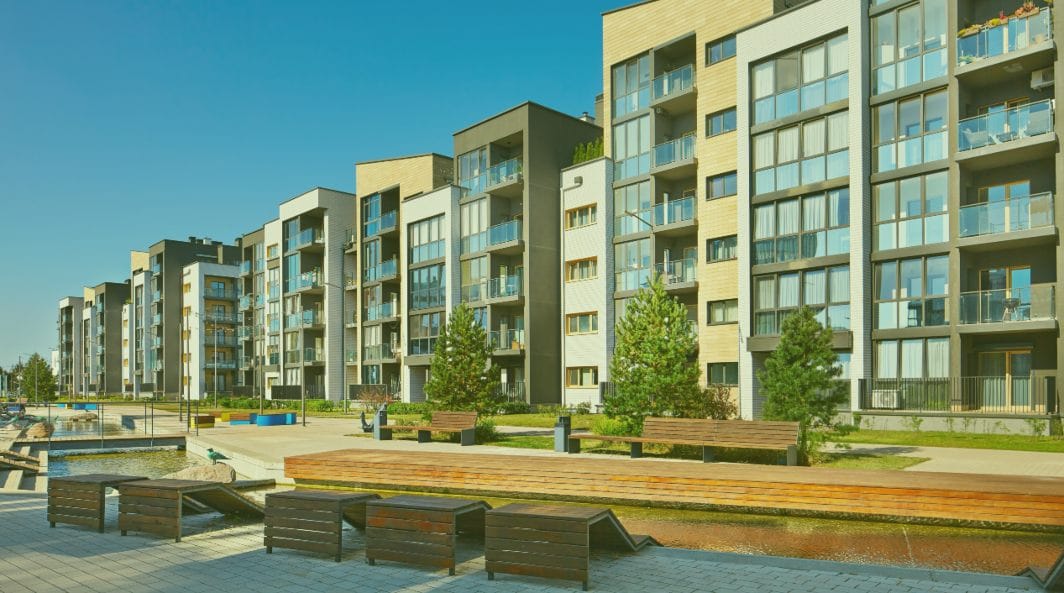
Why Municipal Engineering is Key to Building Resilient Cities
3 mins readIn the face of rapid urbanization, climate challenges, and growing infrastructure demands, cities are under more pressure than ever to become adaptable, efficient, and livable. But what truly holds a city together when times get tough—be it extreme weather, population surges, or infrastructure strain—is not just leadership or policy. It’s the invisible backbone of urban resilience: municipal engineering.
From stormwater systems to transportation networks, waste management to public utilities, municipal engineering lays the groundwork for urban resilience. It ensures that the infrastructure supporting city life is not only functional but also sustainable, adaptable, and prepared for future demands. Without robust municipal engineering practices, even the most advanced cities are vulnerable to collapse during crises.
Learn More with Real Estate & Construction Management Training
Urban resilience begins with the professionals who plan and manage our cityscapes. Whether you’re involved in infrastructure design, facility management, or real estate development, our Real Estate Training Courses and Construction Management Training Courses equip you with the tools and strategies to build cities that endure and evolve. These programs are ideal for engineers, project managers, urban planners, and property developers.
What Makes Municipal Engineering Vital for Urban Resilience?
At its core, municipal engineering focuses on designing, maintaining, and upgrading public infrastructure that supports everyday life. This includes roads, bridges, drainage systems, water supply networks, and waste management systems. But in a resilience context, it goes beyond basic functionality.
A resilient city anticipates risks—natural disasters, energy shortages, aging infrastructure—and adapts proactively. Municipal engineers are central to this strategy. They integrate sustainability, redundancy, and future-readiness into infrastructure projects, ensuring systems can withstand and recover from disruptions quickly.
For example:
-
Stormwater systems are designed to manage extreme rainfall without flooding neighborhoods.
-
Transport networks are built to remain operational during emergencies.
-
Public utilities are upgraded with smart monitoring systems to prevent outages and respond faster when they occur.
Municipal engineering doesn’t just keep cities running—it keeps them standing strong when it matters most.
Collaborating Across Urban Systems
Building resilience is a multidisciplinary effort. Municipal engineers work alongside real estate developers, construction managers, city planners, and policymakers to ensure infrastructure is not just built, but built to last.
One of the key success factors in resilient development is alignment—between urban growth plans, real estate investments, and public service delivery. When these elements are planned in silos, infrastructure suffers. But when stakeholders collaborate, cities benefit from:
-
Integrated land-use planning
-
Smarter zoning regulations
-
Efficient resource allocation
-
Community-centered design
Through cross-sector collaboration, municipal engineering becomes a platform for cohesive, people-centered urban development.
Recommended Courses to Support Resilient City Development
Professionals aiming to shape the future of cities through real estate, facilities, and financial planning can gain critical insights and skills through the following training courses:
-
Certificate in Commercial Real Estate Course: Understand the commercial infrastructure needs of modern cities and how to align development projects with resilient urban strategies.
-
Certificate in Residential Real Estate Course: Explore housing development from a sustainability and resilience perspective. Learn how to incorporate infrastructure planning into residential projects for long-term impact.
-
Certificate in Corporate Real Estate & Facilities Management Course: Ideal for professionals managing large-scale facilities, this course provides strategies for operational resilience, energy efficiency, and infrastructure continuity.
-
Certificate in Real Estate Finance for Investment & Development Course: Financial planning is critical to resilient infrastructure. This course equips participants with investment modeling and funding strategies for long-term urban development.
Each course supports the mission of municipal engineering by empowering professionals to think holistically about infrastructure, investment, and sustainability.
Frequently Asked Questions:
1. What is municipal engineering and how does it relate to resilience?
Municipal engineering involves designing and managing public infrastructure. In the context of resilience, it ensures that cities are prepared for disruptions and can recover quickly through robust, adaptable systems.
2. How does municipal engineering influence real estate development?
Infrastructure designed by municipal engineers supports the functionality and value of both commercial and residential developments. Well-planned utilities and transit systems directly impact real estate success and sustainability.
3. Why should real estate professionals understand municipal engineering?
Understanding municipal systems helps developers align projects with city plans, avoid costly delays, and design properties that integrate seamlessly with public infrastructure.
4. Which course is best for understanding resilient infrastructure in real estate?
The Certificate in Commercial Real Estate Course and the Certificate in Residential Real Estate Course both offer valuable insights into infrastructure needs and resilience integration.
5. What role does finance play in resilient city planning?
Without sound financial planning, resilient infrastructure projects can’t scale or sustain themselves. The Certificate in Real Estate Finance for Investment & Development Course provides crucial tools for aligning investment with long-term resilience goals.
6. How can facility managers contribute to urban resilience?
Through efficient operations, sustainable practices, and risk management. The Certificate in Corporate Real Estate & Facilities Management Course equips professionals to enhance building performance and ensure continuity in times of disruption.




